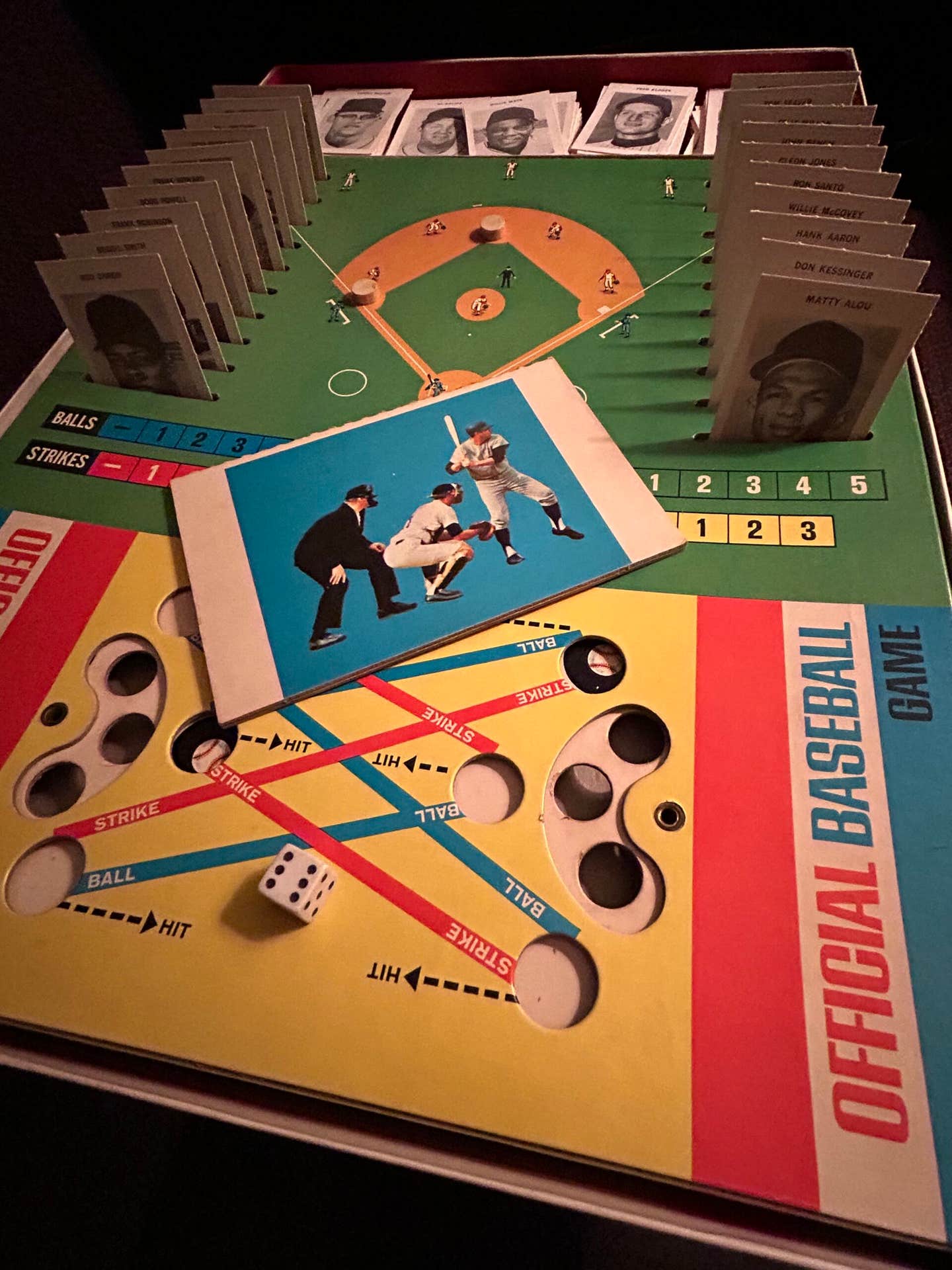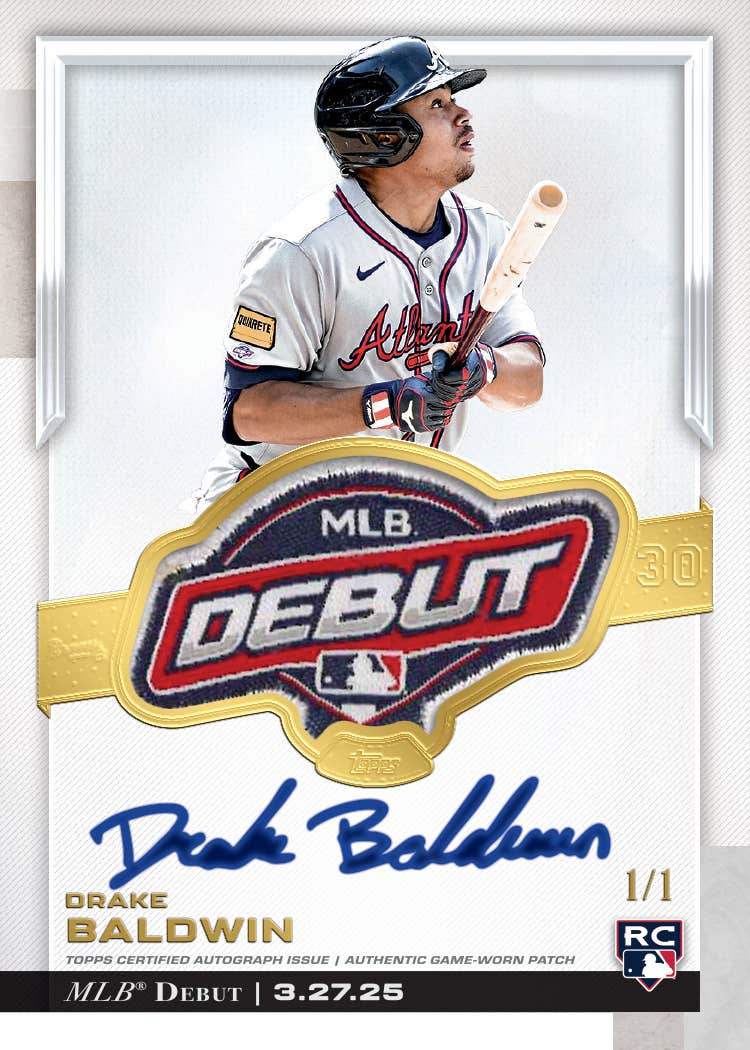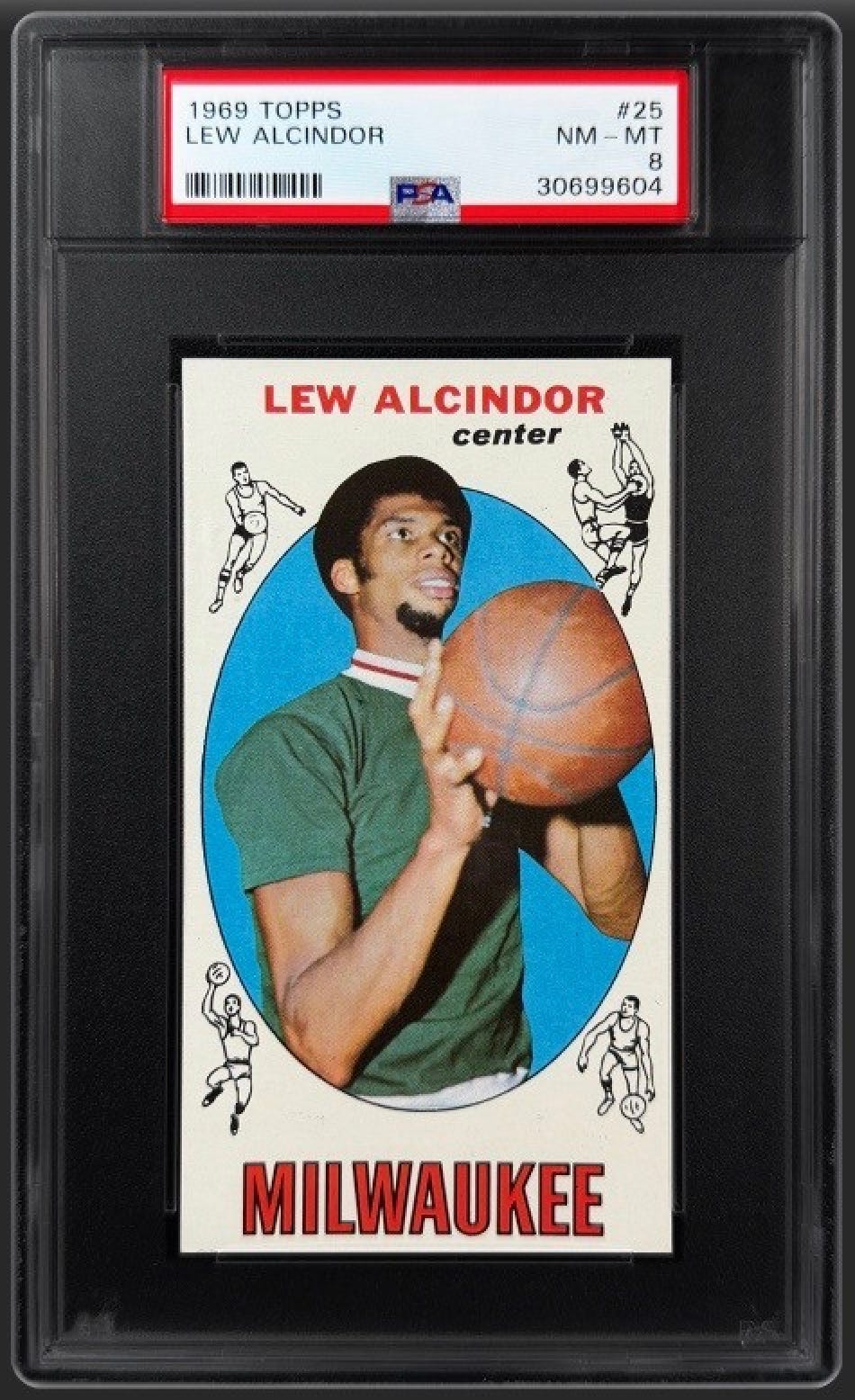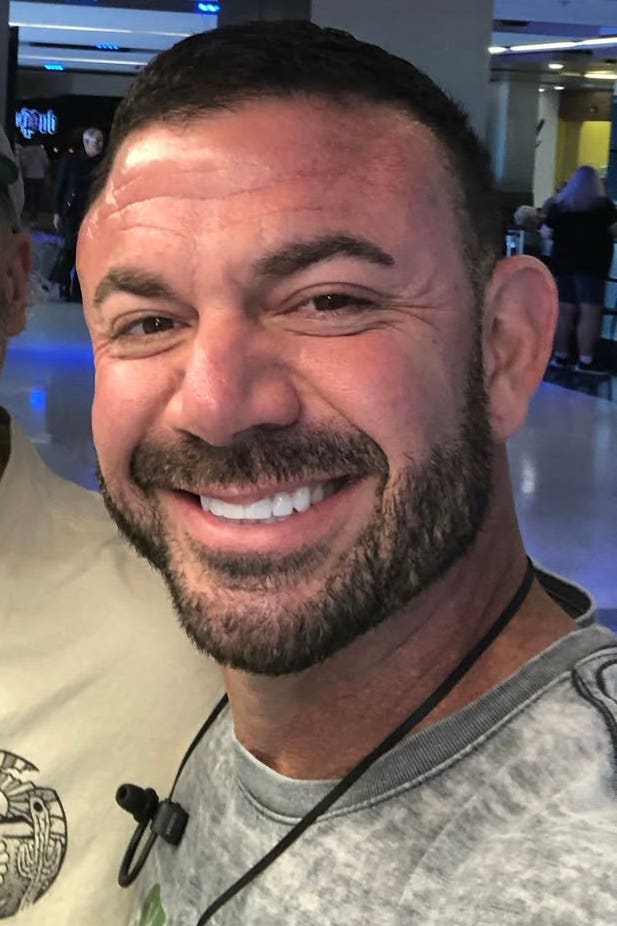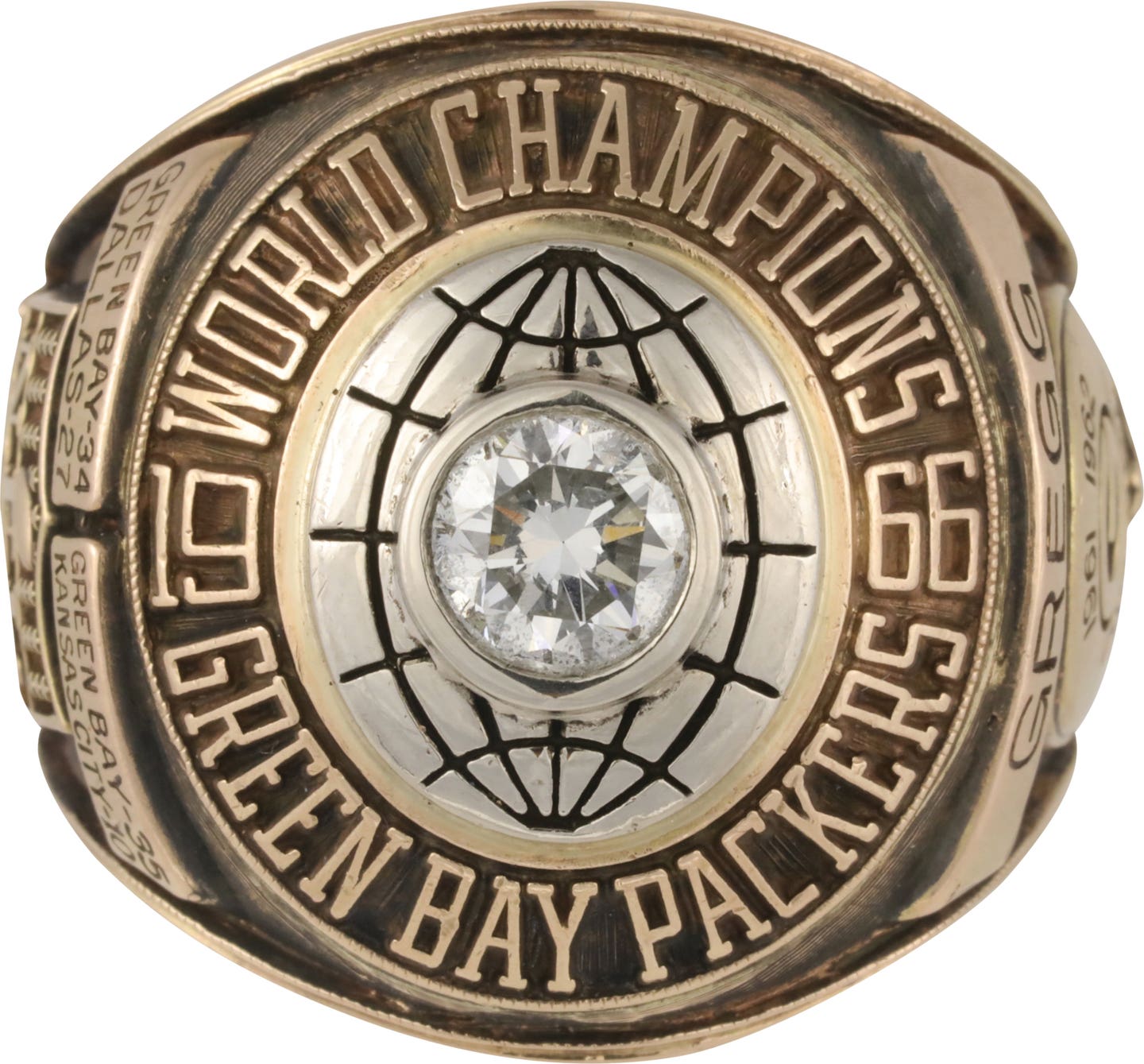News
New Aaron biography is welcome indeed …
I am looking forward to reading the new biography of Henry Aaron, if for no other reason than to see if there could be something new that could add to a lifetime’s store of knowledge.
The laudatory review in the New York Times did nothing to discourage that idea, describing Last Hero: A Life of Henry Aaron, noting that “In an era in which home runs are now a discredited commodity, Henry Aaron looms larger than ever: a nation has returned its lonely eyes to him.” Dang, now I’m going to be humming “Mrs. Robinson” for the rest of the day.
(Aaron photo at right courtesy of the Topps Co.)
The author, Howard Bryant, had the cooperation of his subject, “even if he was never overly enthusiastic.” That sounds about right, conforming to everything I’ve ever read about the man, along with a couple of lengthy interviews I’ve done with him in-person and a couple of other over the telephone.
Bryant does broach the question of whether Aaron graduated from high school, which I would rank up there in importance with finding out if Stevie Wonder was good at soccer. I get annoyed with the idea that we expect marvelously gifted athletes to similarly excel in other areas; in any event, Aaron’s real-world education so far exceeds anything available in the classroom that musing about the depth of his intellect seems silly.
Today (May 25) is the 75th anniversary of Babe Ruth’s 714th and final home run, making the discussion of the new Aaron biography well timed. It will be interesting when I finally get to read the book to see how Bryant handles the question of the revised baseball statistical landscape that now presents Aaron’s former perch as the all-time home run leader in a much different context than was the case, say, 15 years ago.
According to the Times review, the book does reference the old saw about Aaron being chided in the press for “failing to speak up loudly during the civil-rights era” and four decades later for being circumspect in talking about Barry Bonds’ breaking of his cherished record.
Jeez, I hope – and expect – that the actual account in the book will offer more context about those topics. I never for a minute thought that his relative silence during the tumultuous 1960s was anything other than appropriate and understandable: for somebody decades later to suggest that a black man in 1968 should have been more forceful in denouncing the racism of the period is pretty cheeky indeed.
By the time he retired, Aaron then started to take a lot of flak for being too outspoken on questions concerning race relations, with lots of unflattering characterizations in the press. Fortunately, over time, his ability to maintain the stature and quiet dignity that had been a hallmark of his playing career prevailed, and history – and the punditry – have been much kinder to him as a senior citizen than they were in his prime.



